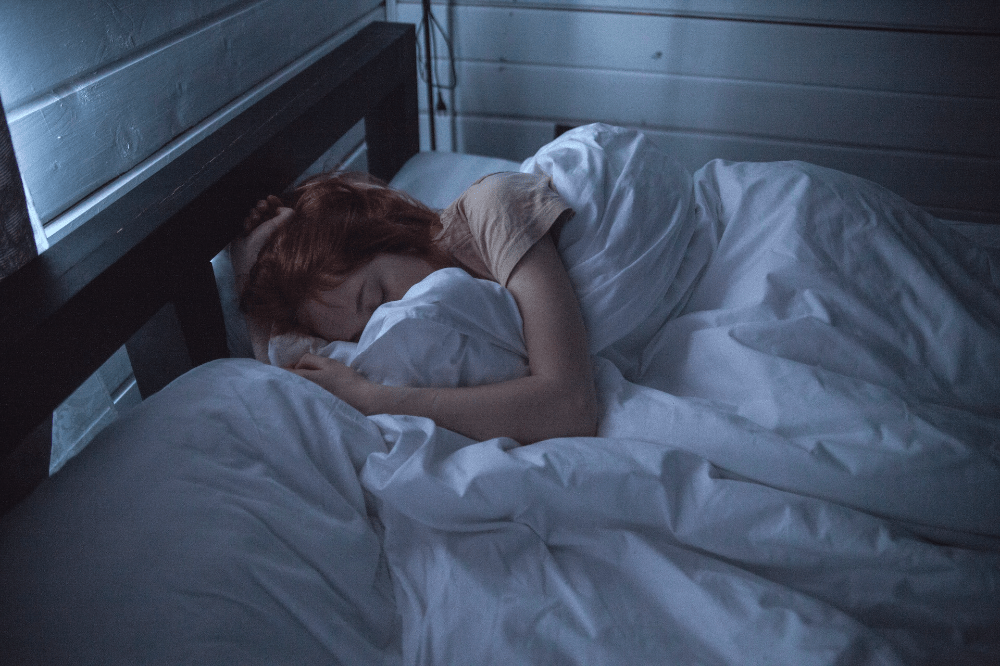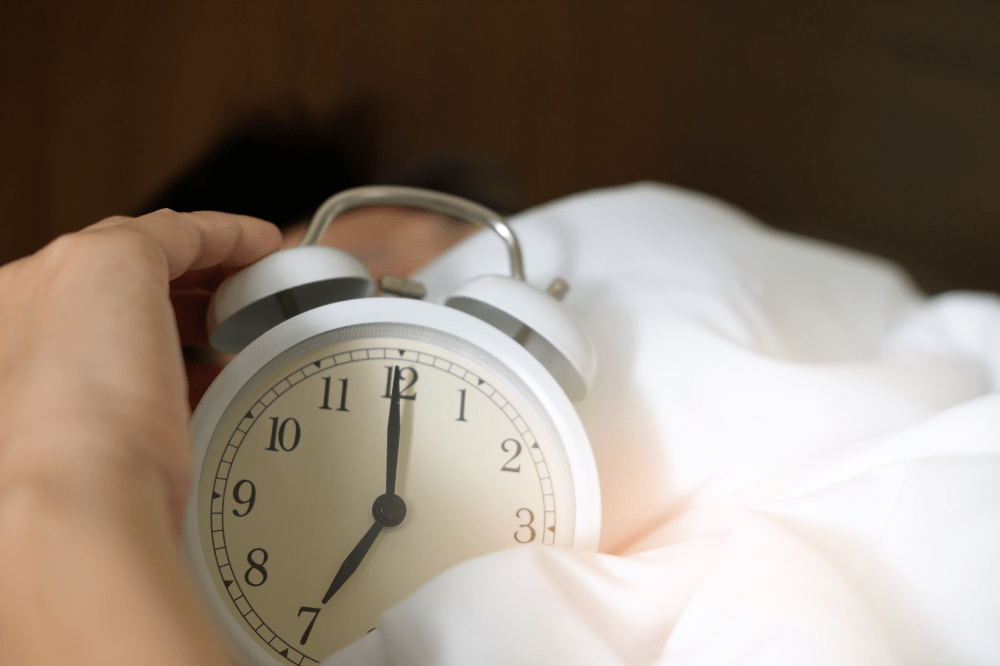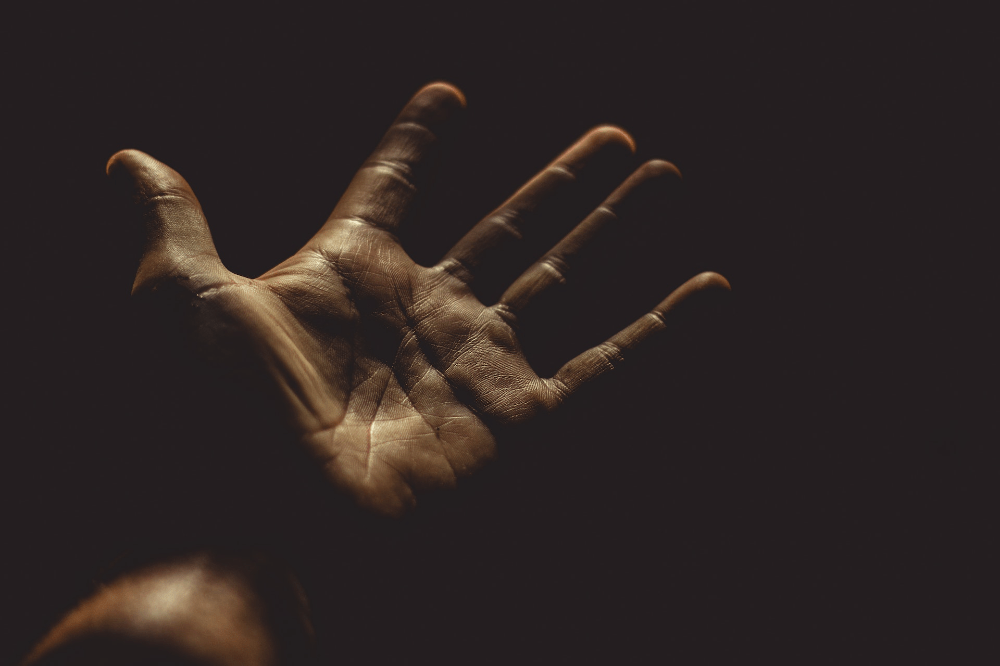A Simple Guide to Falling Asleep Faster
A good night’s sleep is essential to our physical and mental health. Unfortunately, many of us struggle with falling asleep. Whether it’s because of stress, anxiety, or a simply busy lifestyle, it can be difficult to relax and drift off. Thankfully, a few simple tips and tricks can help you get to sleep and wake up feeling refreshed and energized. Read on!
Practice Yoga, Meditation, and Mindfulness before Sleeping
Yoga, meditation, and mindfulness are great tools for falling asleep. They have been proven to reduce anxiety and stress, which can significantly contribute to insomnia. These activities are also helpful for creating a healthy sleep pattern and improving sleep quality. They also help you relax your muscles and loosen them up just before bed. If you have never tried them, you will be surprised how quickly you notice a positive difference. Make it a daily habit to engage in yoga, meditation, or mindfulness for at least 10-15 minutes before bed.
Avoid Naps during the Day
A lot of people are under the assumption that taking a nap during the day helps them to fall asleep at night. Unfortunately, this isn’t true and can often have the opposite effect. Taking a nap during the day can disrupt your circadian rhythm and make it more difficult to fall asleep at night. If you are struggling with insomnia, try to avoid napping during the day. However, if you are physically fatigued and sleepy during the day, you might consider taking a 15-minute power nap. This will help you to re-energize without completely messing up your sleep pattern.
Do Not Eat Just Before You Get to Bed
Many people make the mistake of eating just before they go to bed. This can cause indigestion and affect your sleep. Try to eat at least 3-4 hours before bed. Make sure that you avoid eating heavy meals or anything that contains caffeine. You should also avoid drinking alcohol before bed. Although most people believe that alcohol makes you fall asleep faster, it disrupts your sleep patterns and makes you wake up more frequently throughout the night.

Create Consistency in Your Sleeping Patterns
Most adults need between 7-9 hours of sleep each night. However, the times you sleep vary from person to person. There is no rule that says you have to go to bed at a certain time every night. Nevertheless, consistency is key. Try to sleep at the same time every night and wake up at the same time every morning. This will help you to establish a healthy sleeping pattern, which will, in turn, help you to fall asleep easier.
Conclusion
Everyone has experienced tossing and turning in bed, unable to fall asleep. It can be incredibly frustrating and also bad for your health. Even if you have just undergone a life-changing event and are finding it difficult to fall asleep, you can try some of the above tips to help you get back on track. You can now get the restful night’s sleep you deserve.




